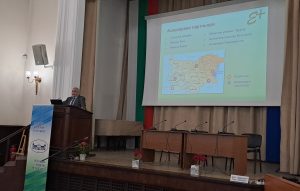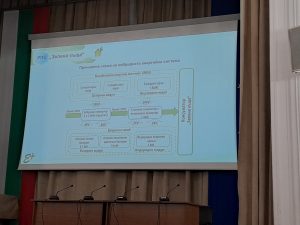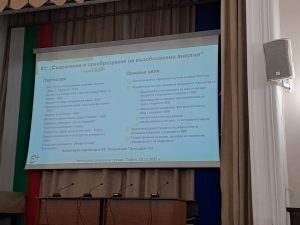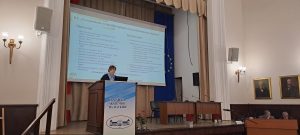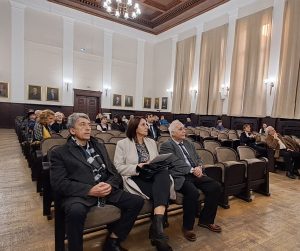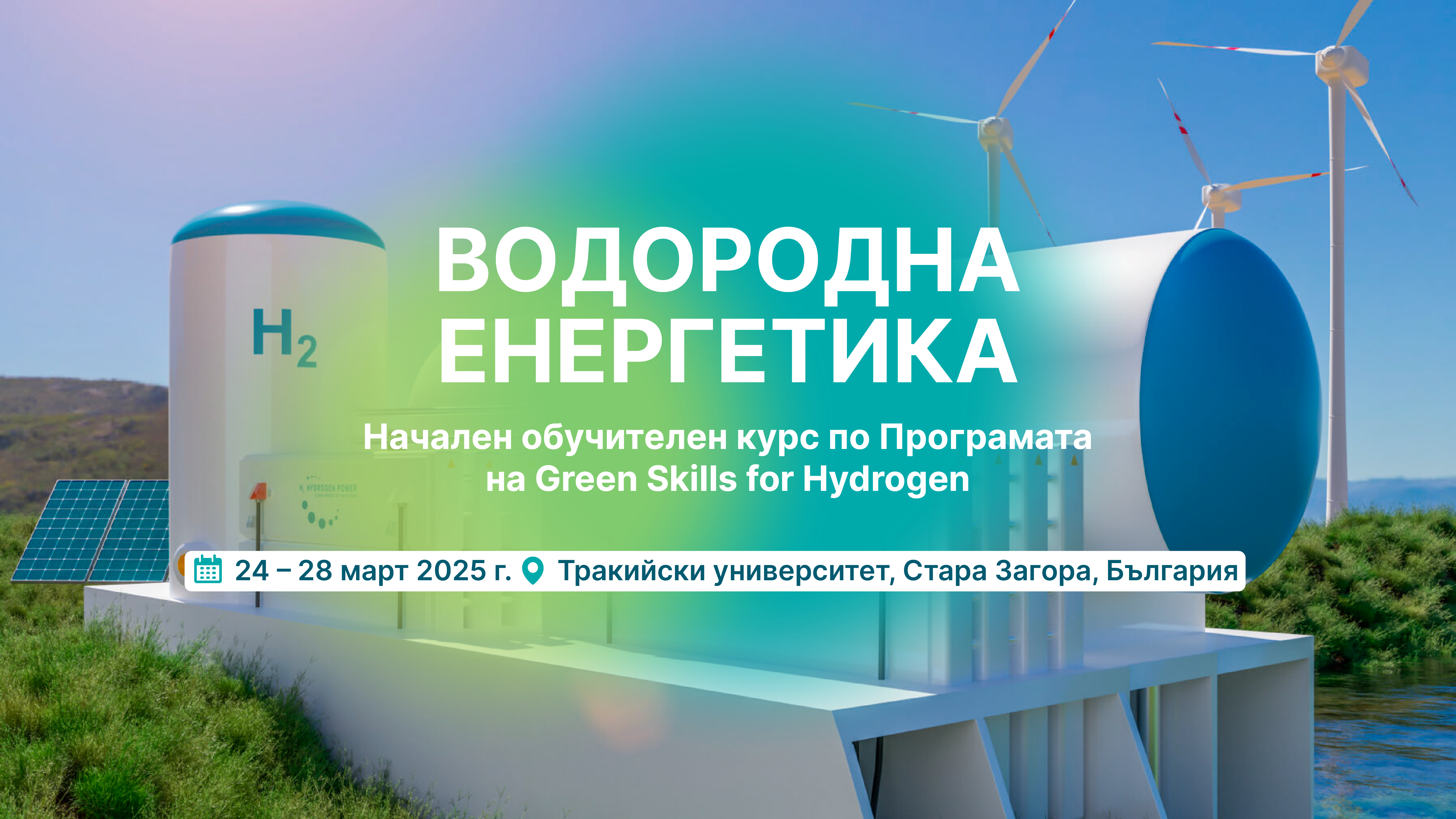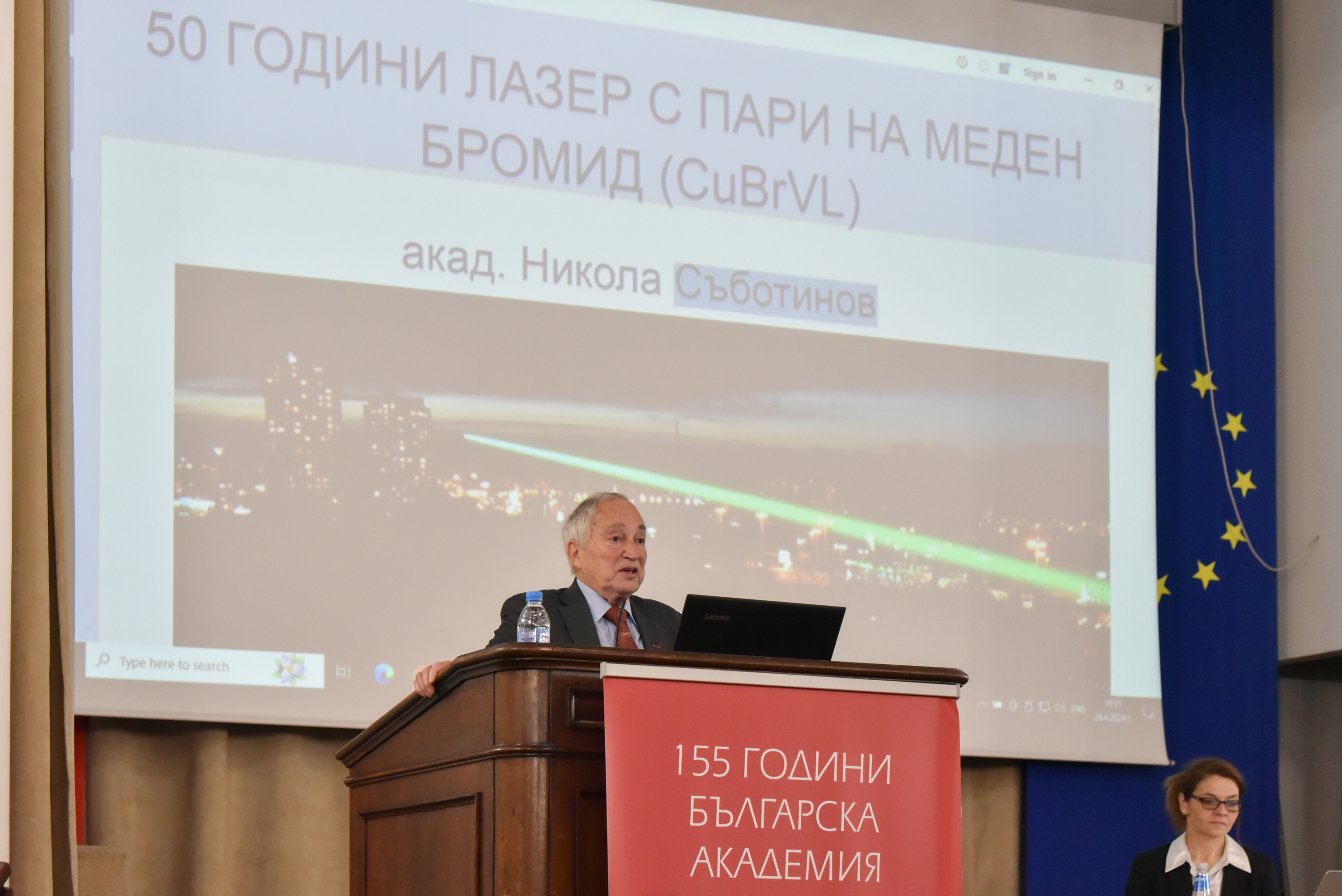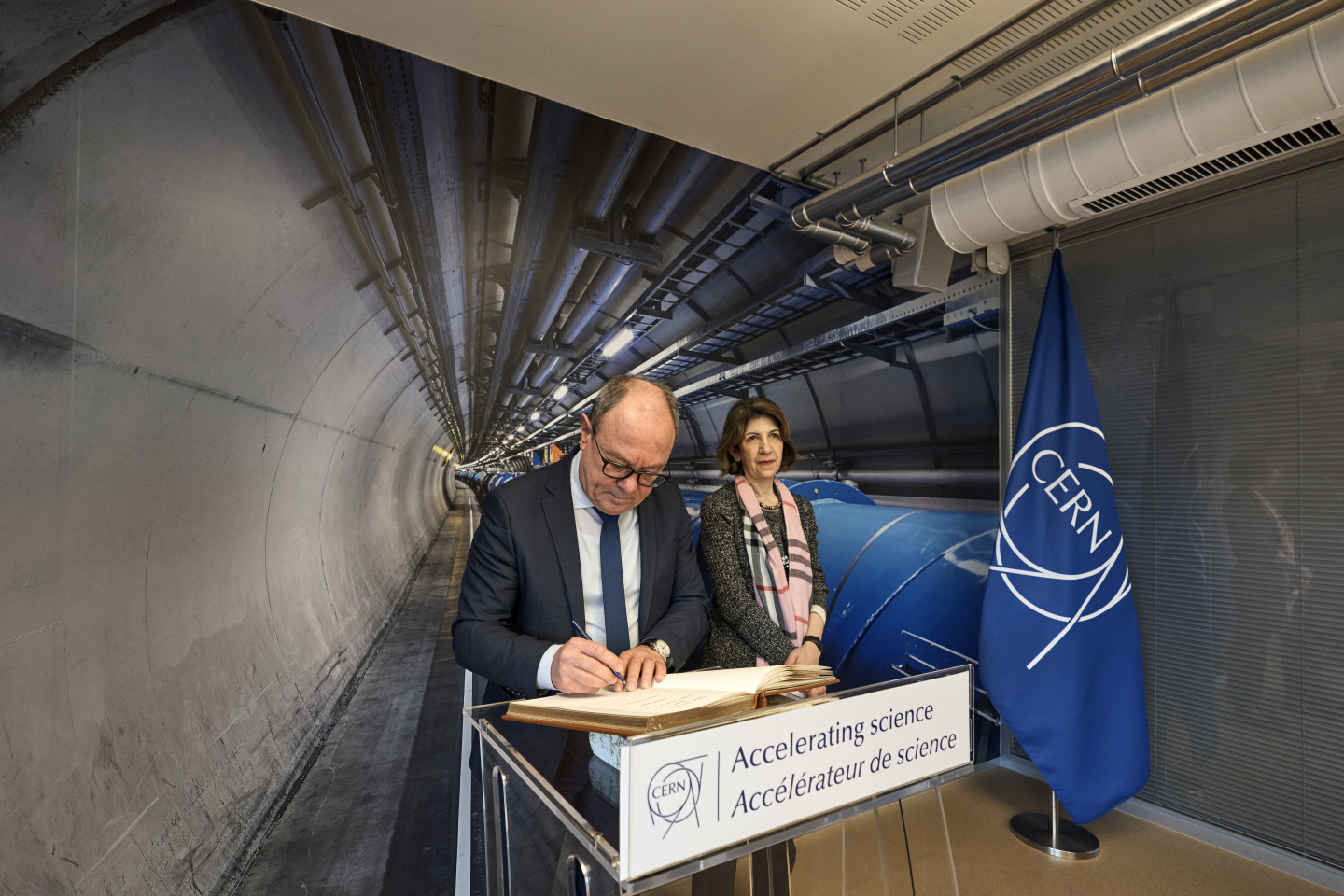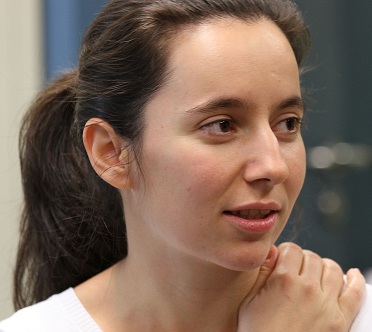Seven demonstration models for the storage and use of clean energy for transport and households have been developed by scientists under the National Scientific Programme “Low Carbon Energy for Transport and Domestic Use” (EPLUS). The achievements were presented at a final information meeting of the programme which took place today at the “Prof. Marin Drinov” Hall of BAS. The head of the programme, Academician Konstantin Hadjiivanov, presented the activities of the scientific team, which includes 206 scientists and specialists from 16 partner organizations from all over the country. The Bulgarian Academy of Sciences is the lead scientific organization for EPLUS, and the funding for the programme is provided by the Ministry of Education and Science.
We have achieved the main goal of the scientific programme – to unite the scientific community in Bulgaria and to encourage cooperation between BAS and higher education institutions. We initiated a new generation of young specialists in the field of clean energy use, said Acad. Hadzhiivanov. A total of 108 publications in prestigious international scientific journals and over 1000 citations of these publications are an extremely good testimonial to the quality of scientific activity, he added.
Scientists have explored effective methods for capturing and utilising carbon dioxide as part of the research programme. A prototype of a ‘dual cell’ hydrogen generator with hybrid power connectors has been developed. The generator is part of the projects with which the Bulgarian Academy of Sciences applied for funding under the National Recovery and Resilience Plan.
The “Green House” demonstration model of the Institute of Electrochemistry and Energy Systems (IEES) and TU-Sofia is autonomously powered by renewable energy sources. Thus, for the first time in Bulgaria, the electricity in one of the IEES offices comes from entirely clean energy. Within the framework of EPLUS, scientists have also developed five types of new energy storage batteries.
In spring 2024, the first trolleybus which is renovated under the retrofitting method and is powered by batteries and hydrogen will be put into service. The vehicle has been provided by the Sofia City Municipality, and after its refurbishment, scientists are testing an electronic system for the power consumed when it is running. Once the test period is over, the zero-emission trolleybus will be able to be used on Sofia’s public transport network. The first hydrogen and solar-powered river vessel in the country has also been developed under the EPLUS NNP.


